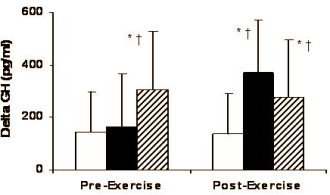Originariamente Scritto da fenix91
Visualizza Messaggio
Sempre interessante leggerti. Comunque il punto che volevo toccare con il mio post era il concetto generale di colpire un determinato bersaglio molecolare quanto è presente e attivo, altrimenti è come sparare a vuoto. Dovrebbe essere uscito uno studio di recente che mappava l'andamento circadiano di molti bersagli farmacologici, dovrei mettermi a cercarlo perchè magari si trova qualcosa di interessante anche sul fronte integrazione avanzata. Non ricordo nè il titolo nè l'autore ma dovrebbe essere su PNAS (non vorrei dire cavolate però..) Ovviamente siamo ampiamente a livello di superpippe mentali..

 piccola curiosità:cosa è l'ABE di cui parla feiwong?grazie..
piccola curiosità:cosa è l'ABE di cui parla feiwong?grazie..

 ....
....






Commenta